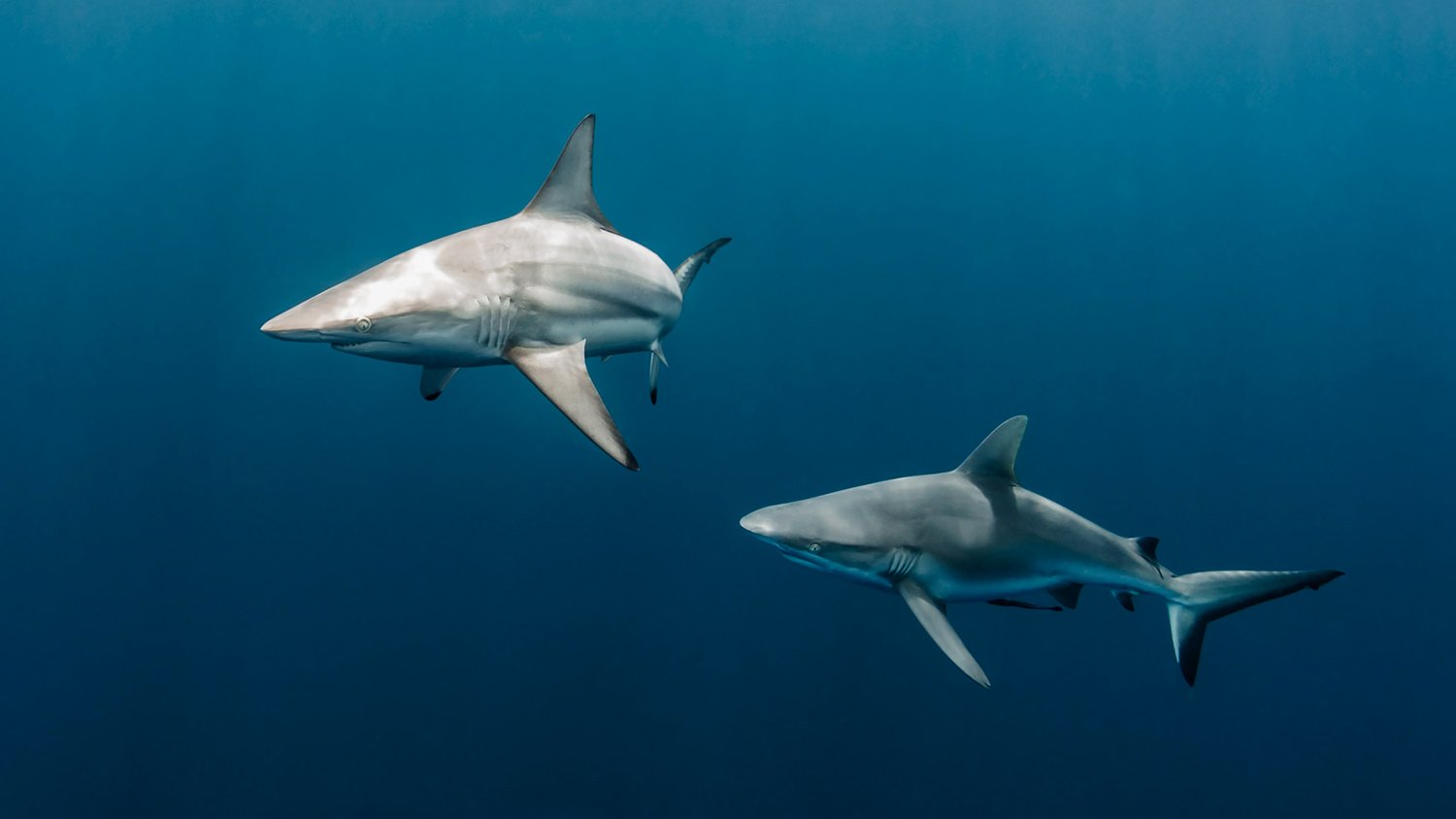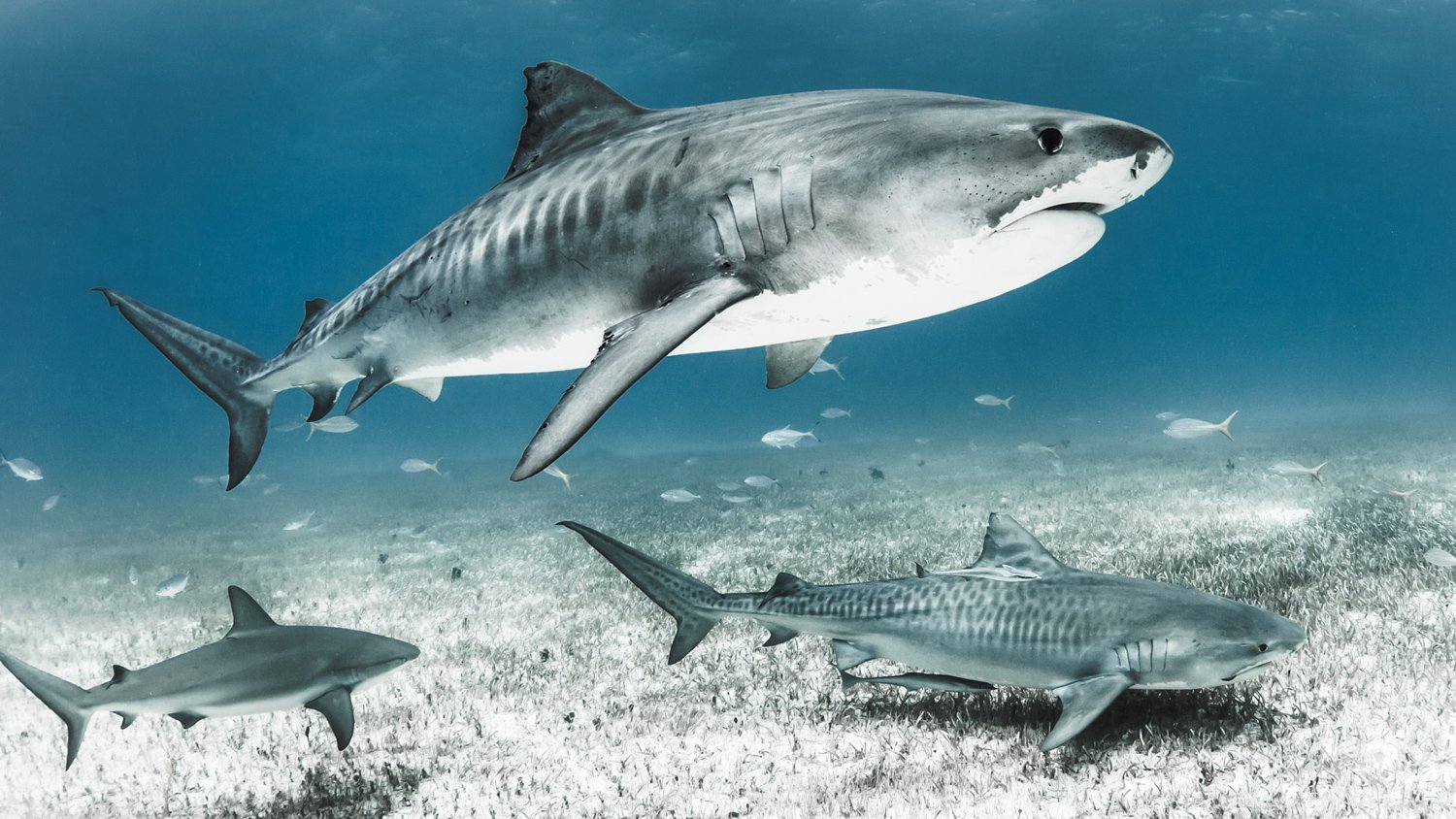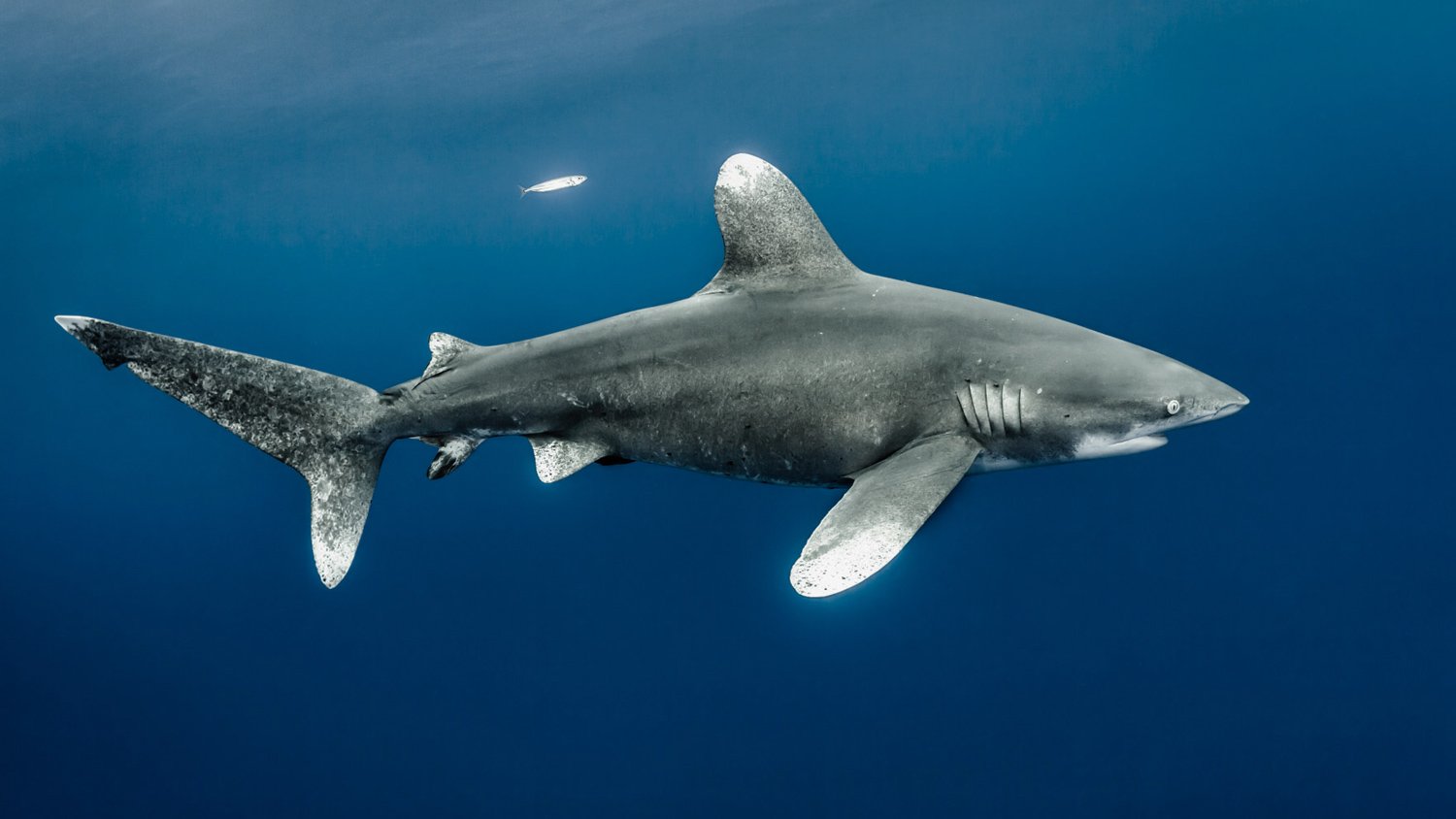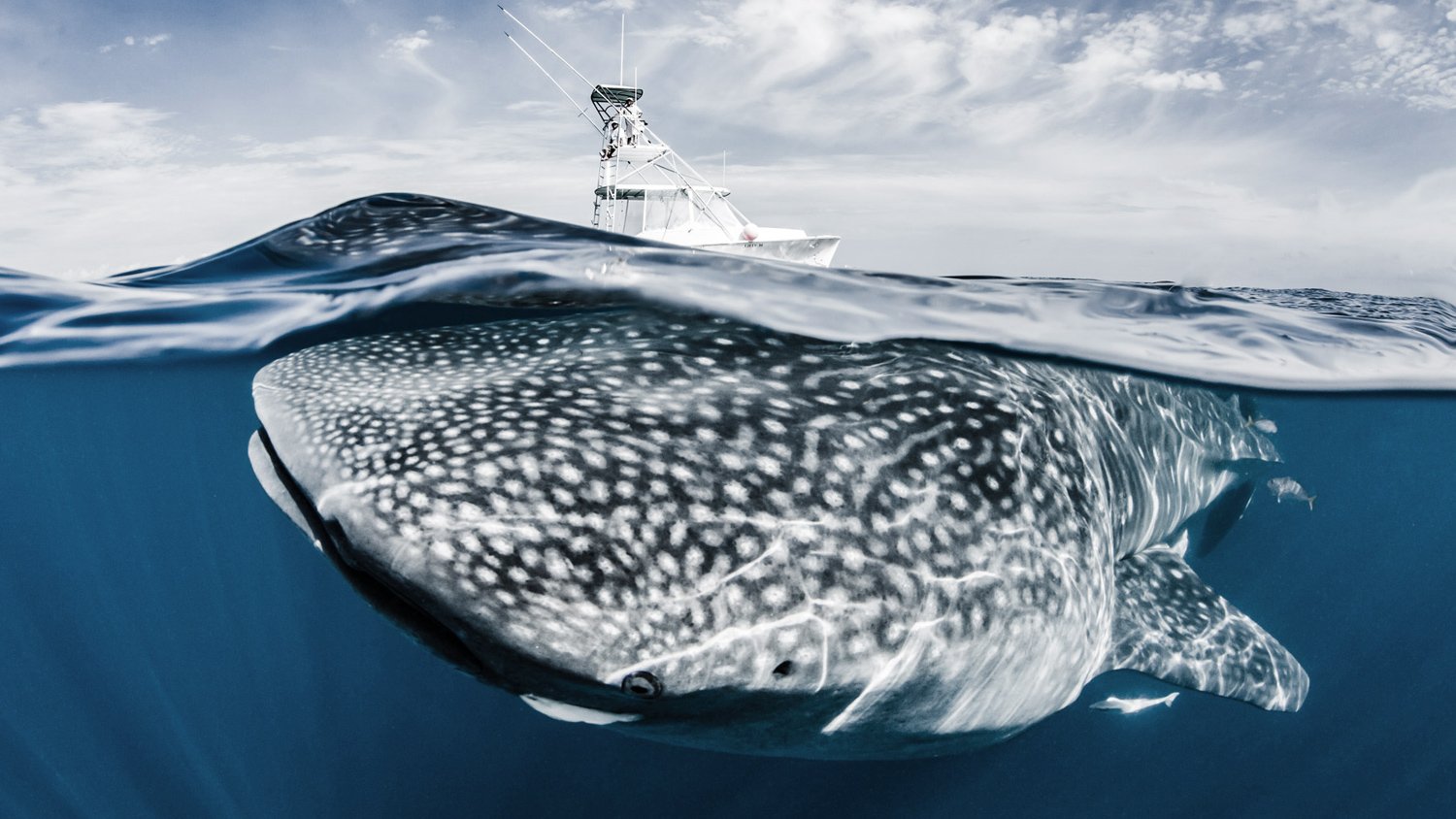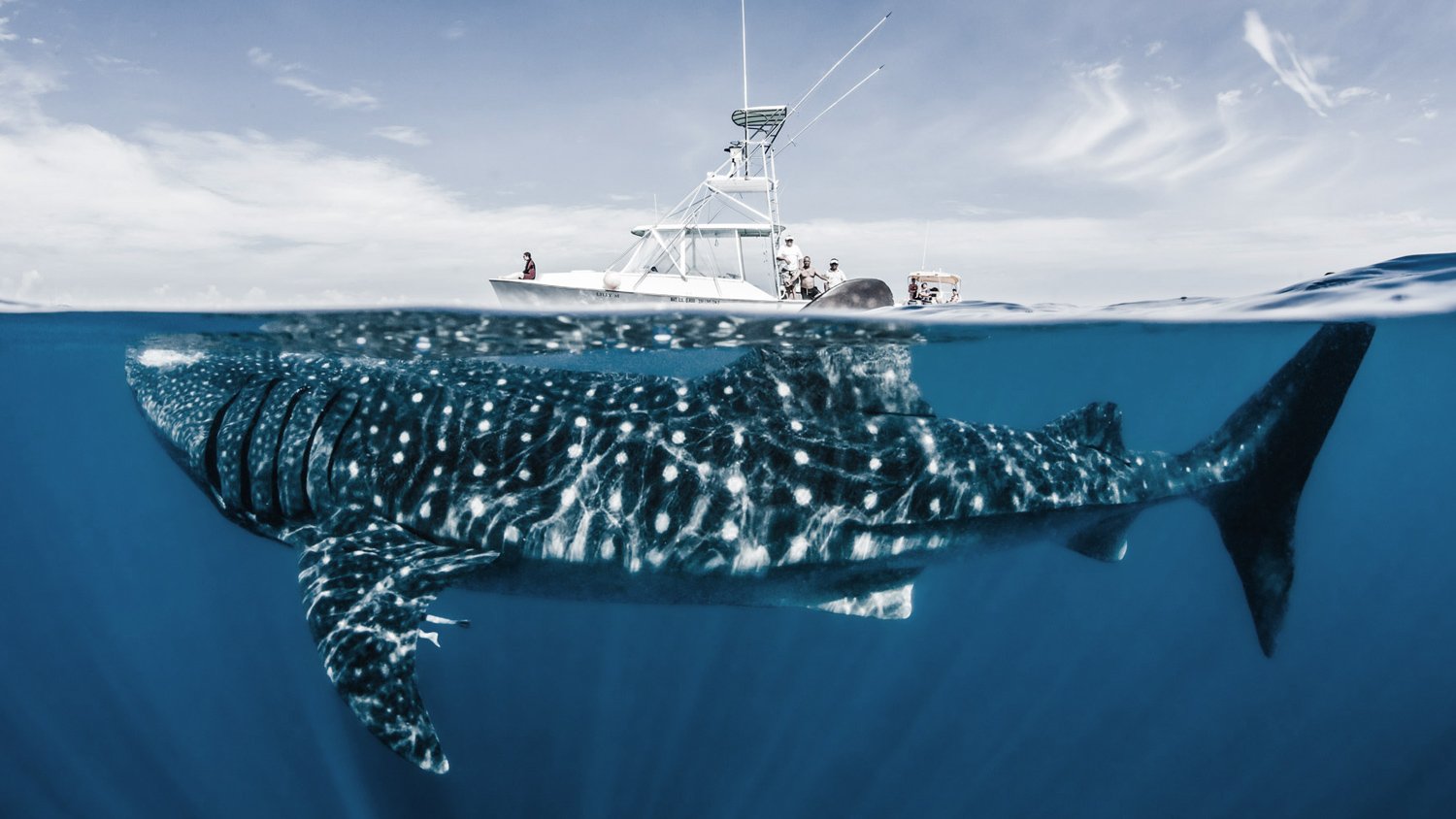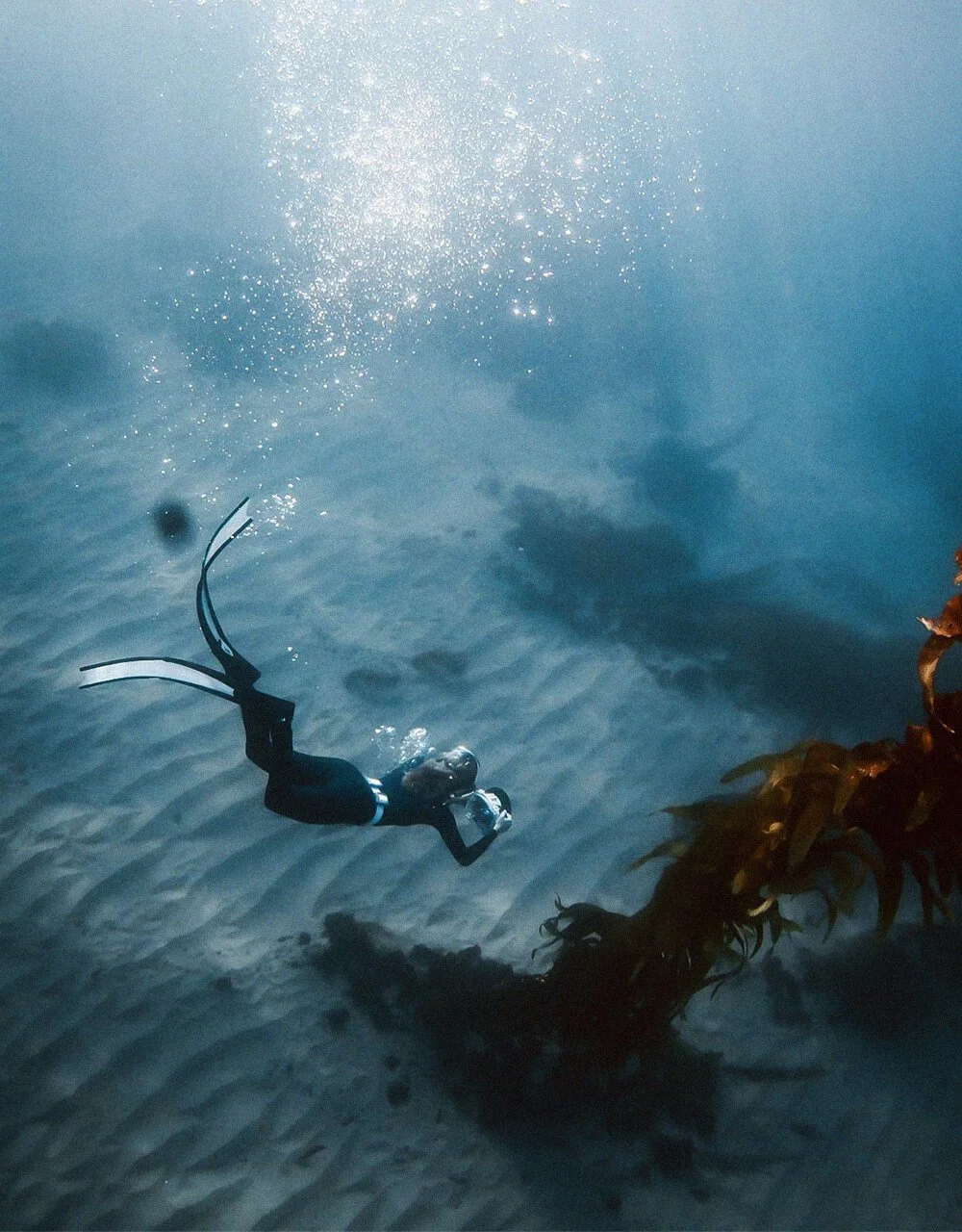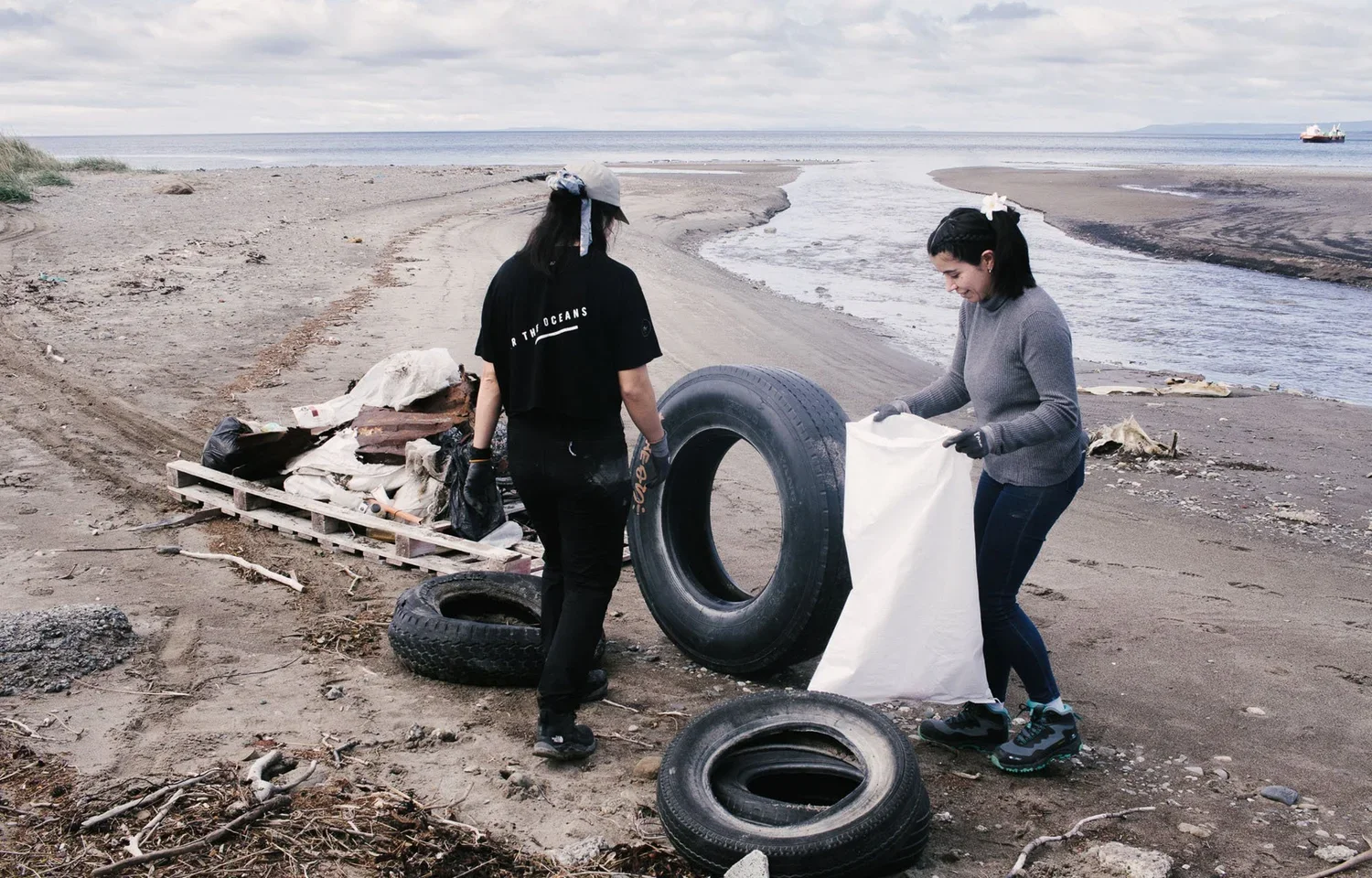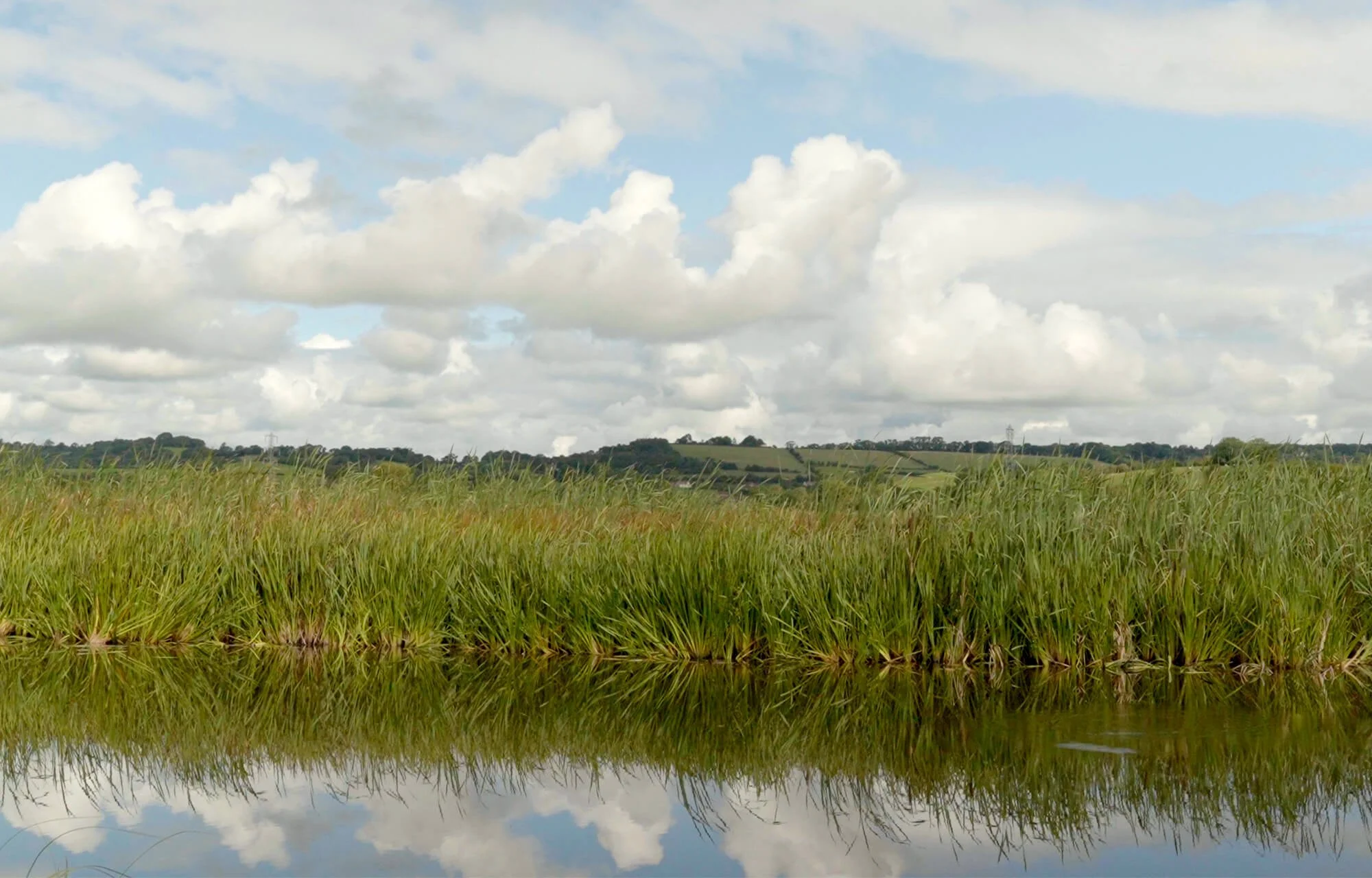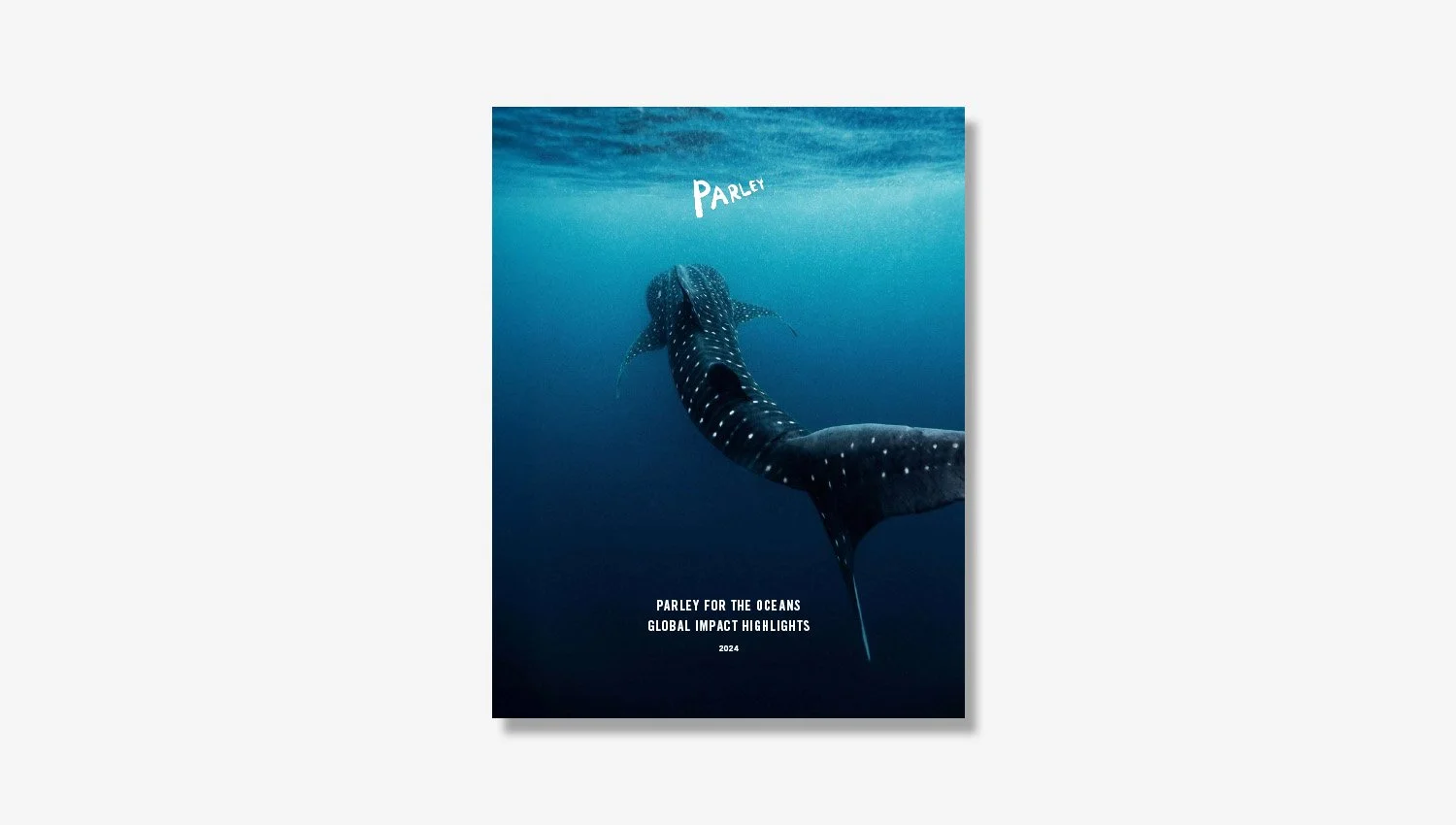Shawn Heinrichs: Shadows in the Deep
Parley talks sharks with the award-winning cinematographer, photographer and marine activist
"Sharks are the perfect predators. They've undergone over 400 million years of evolution and survived four mass extinction events."
Shawn Heinrichs
Shawn Heinrichs is an award-winning cinematographer, photographer and marine activist. As founder of Blue Sphere Foundation and a key contributor to the Oscar-nominated film Racing Extinction, he is a major force in the global fight to protect endangered marine species and habitats. His stunning and often stark artwork has been used by Parley and many others to inspire people to love the oceans, and protect what they love.
Parley partnered with Shawn on his recent Light on Shadow exhibition, and caught up with him during Shark Week to talk about this key marine species.
Tell us about the first time you encountered a shark underwater. What did you feel?
As a small child growing up on the Wild Coast of South Africa I fell in love with the oceans and especially sharks and rays, and ultimately the conservation of sharks and rays became a primary focus of my work. Sadly, my first ‘encounter’ with sharks was unfortunately not in the water, but at the Sharks Board, where they had freezer rooms full of dead sharks pulled from the shark nets. As a small child, in my heart I knew how wrong this was, and I believe this fueled me to really fight for sharks.
What do you think it is about sharks that fascinates us?
Sharks are the perfect predators. They've undergone over 400 million years of evolution and survived four mass extinction events. Sharks control the top of the ocean food chain, maintain the balance of the ecosystem and keep our oceans healthy. I find their physiology absolutely fascinating and I smitten by their design and efficiency. They are simply marvels of nature.
There are far more dangerous creatures on the planet, why are people so afraid? It can’t just be one movie, can it?
Fear of sharks has primarily been driven by media portraying these sentient and cautious predators as mindless man-eaters. This has fueled irrational fear that has not helped the shark conservation cause. Most people already feel uncomfortable in the water, and the idea of a ravenous killer lurking beneath the surface is downright terrifying. This couldn’t be further from the truth, as sharks are highly intelligent and are incredibly selective with their prey. They have far more to fear from us then we do from them. Over 100 million sharks are slaughtered each year in fisheries compared to five people accidentally killed by shark bites per year across all the oceans.
What about whale sharks, what is it like to be in their presence?
If someone were to conceive of the perfect ambassador for sharks, they would have created whale sharks. These massive yet harmless creatures, with no shark teeth and covered in cute spots, are curious with swimmers and spend hours at the surface where people can interact with them. You couldn’t conceive of a better evangelist for sharks! One cannot help but feel humbled when one of these ocean giants graces your presence, watching as its huge body passes within feet of you, its huge mouth gulping down tiny plankton, all propelled by its mighty tail.
In your time diving and photographing and filming the underwater world, have you noticed any concrete changes? Less fish, fewer sharks, dead reefs etc?
Sadly, in my three decades of diving and documenting nature, I have seen massive declines in all fish species, and especially sharks and rays across all the oceans. Further, I have watched reef systems across entire seas collapse, such as the Caribbean that has lost 80% of its reefs in my lifetime. We are facing a global ocean crisis and this the last generation that has it within our hands to either turn the tide or let is all slip away. The choice really is ours.
People who see your images are often moved to act but can find it overwhelming. How do you feel people can make an impact?
If we aren’t part of the solution, then we are part of the problem. In the words of Desmond Tutu: “To remain neutral on situations of injustice, is to choose the side of the oppressor”. There is no neutral when it comes to our impact on nature. What we consume, the energy we use, and how we dispose of waste all impact the oceans in a very real way.
Finally, if you were any ocean creature, what would you be?
I would be a creature that lives as deep and far away from the reach of man as possible. I would probably choose the manta ray, as I have a very special connection with these highly intelligent, curious and gentle beings. I would say we have a spiritual connection.

